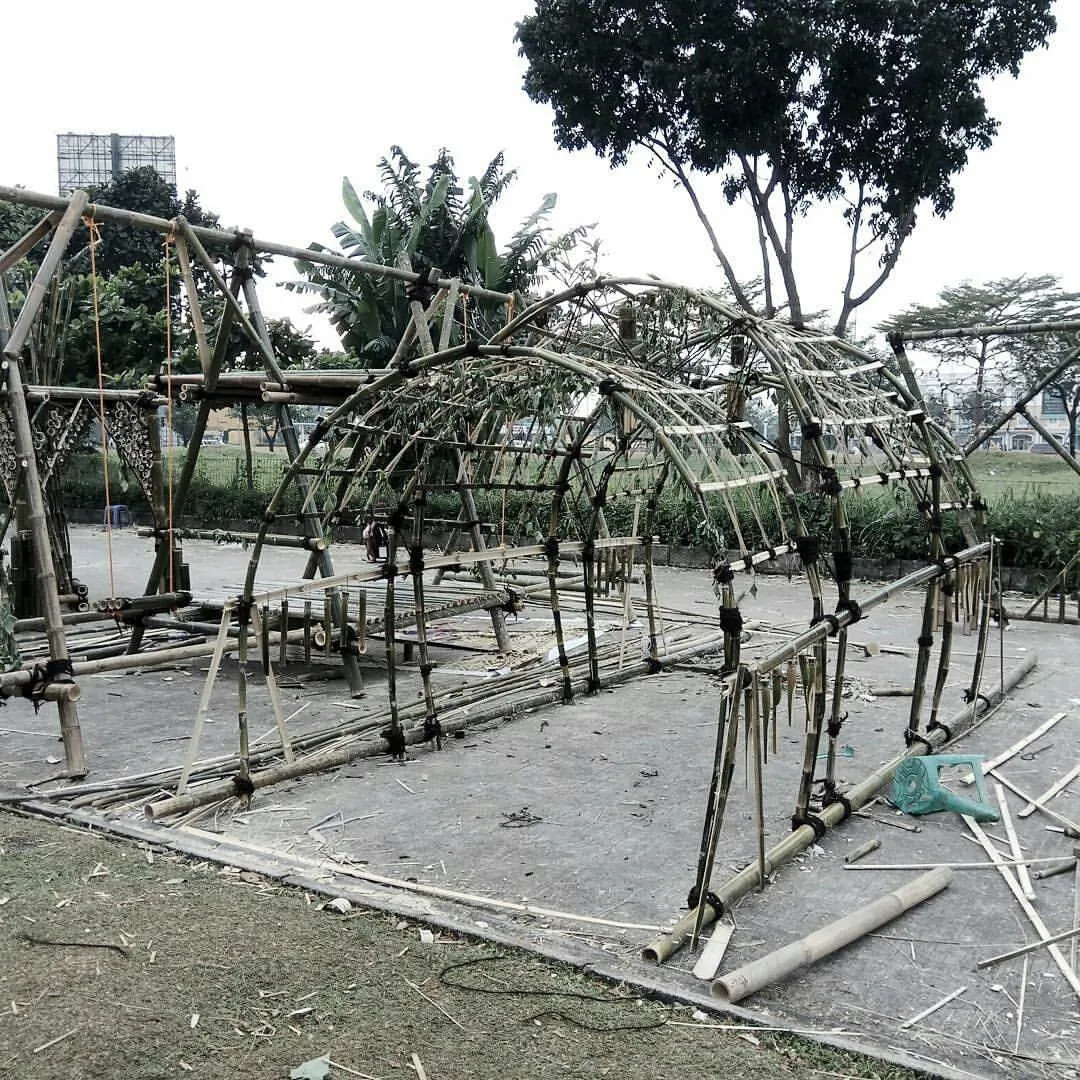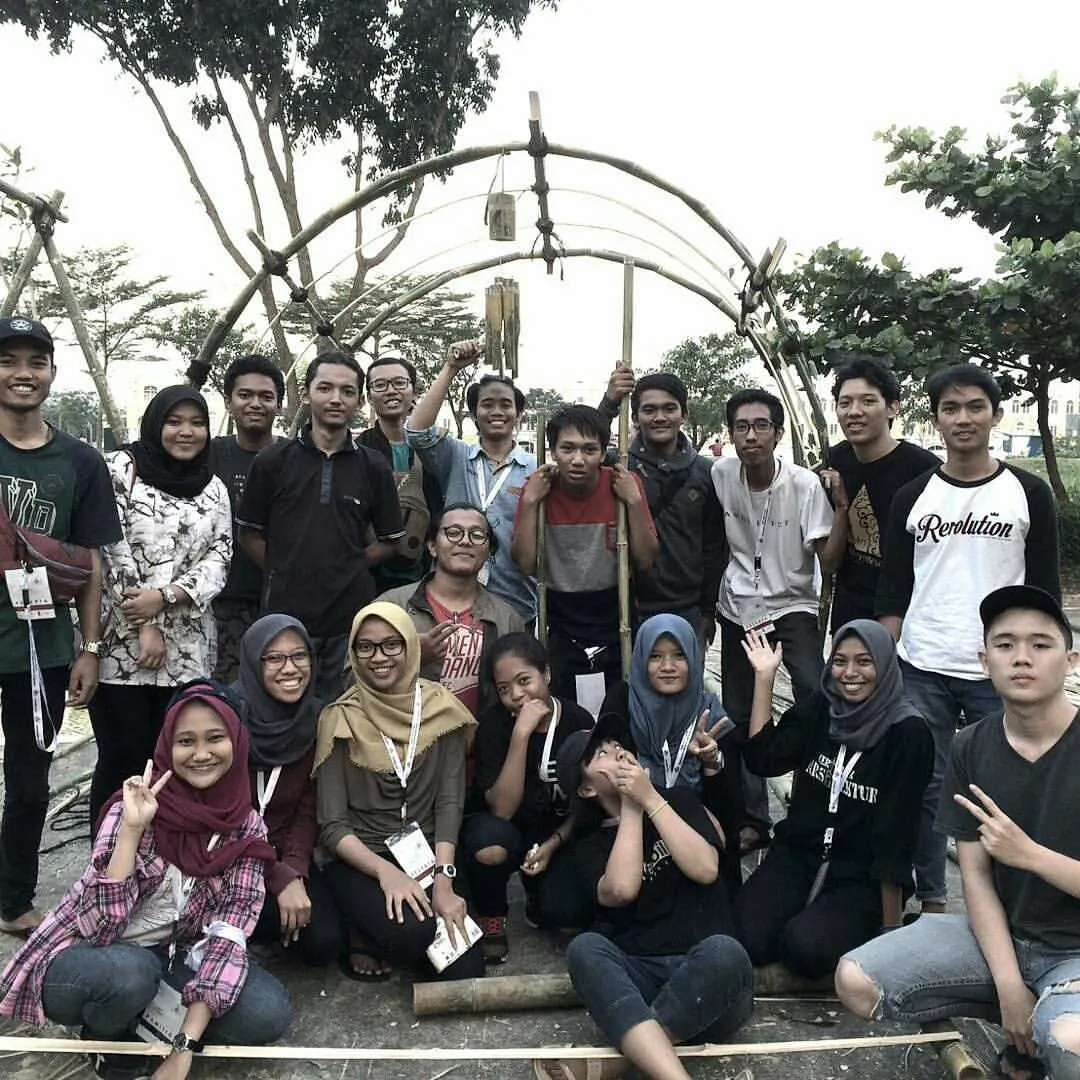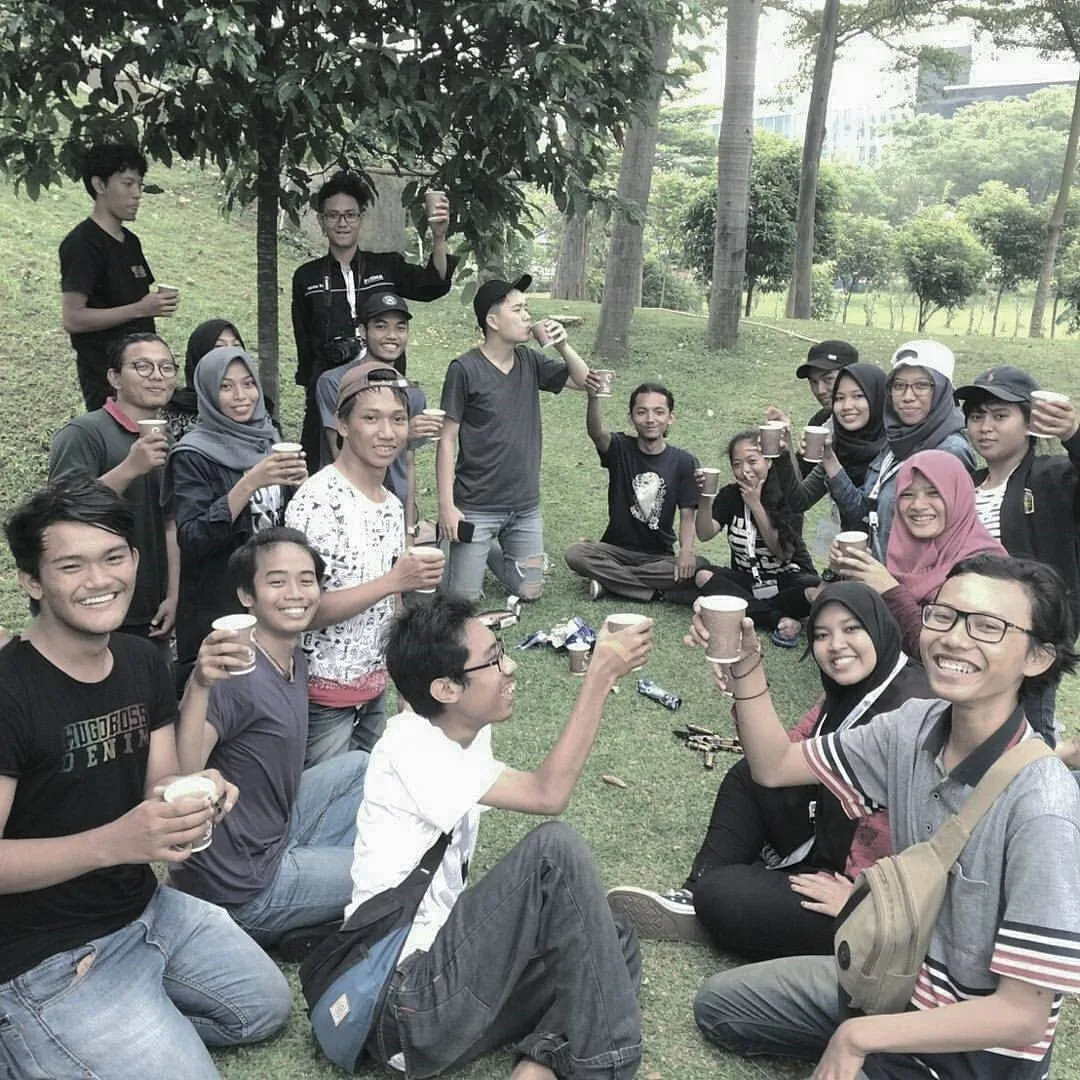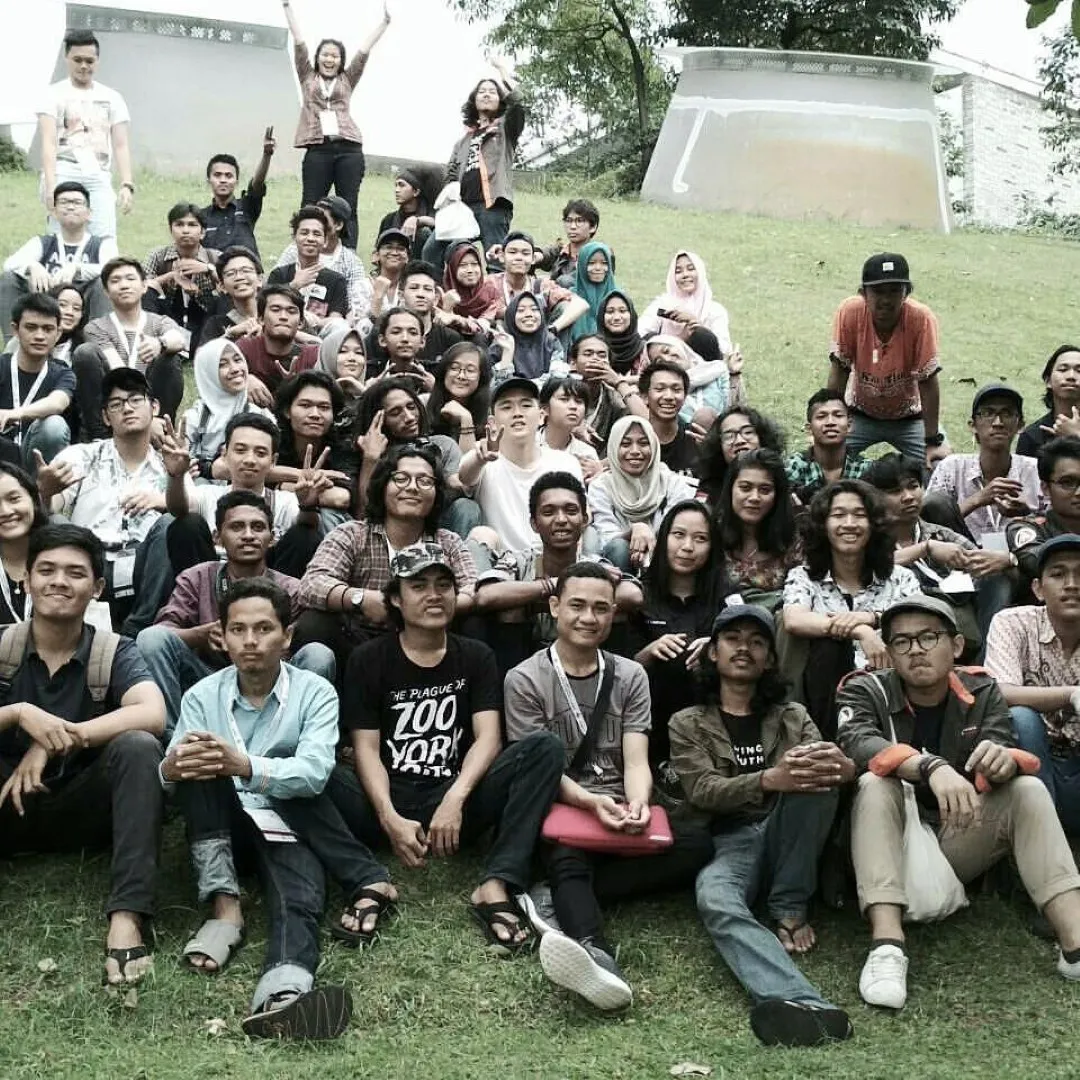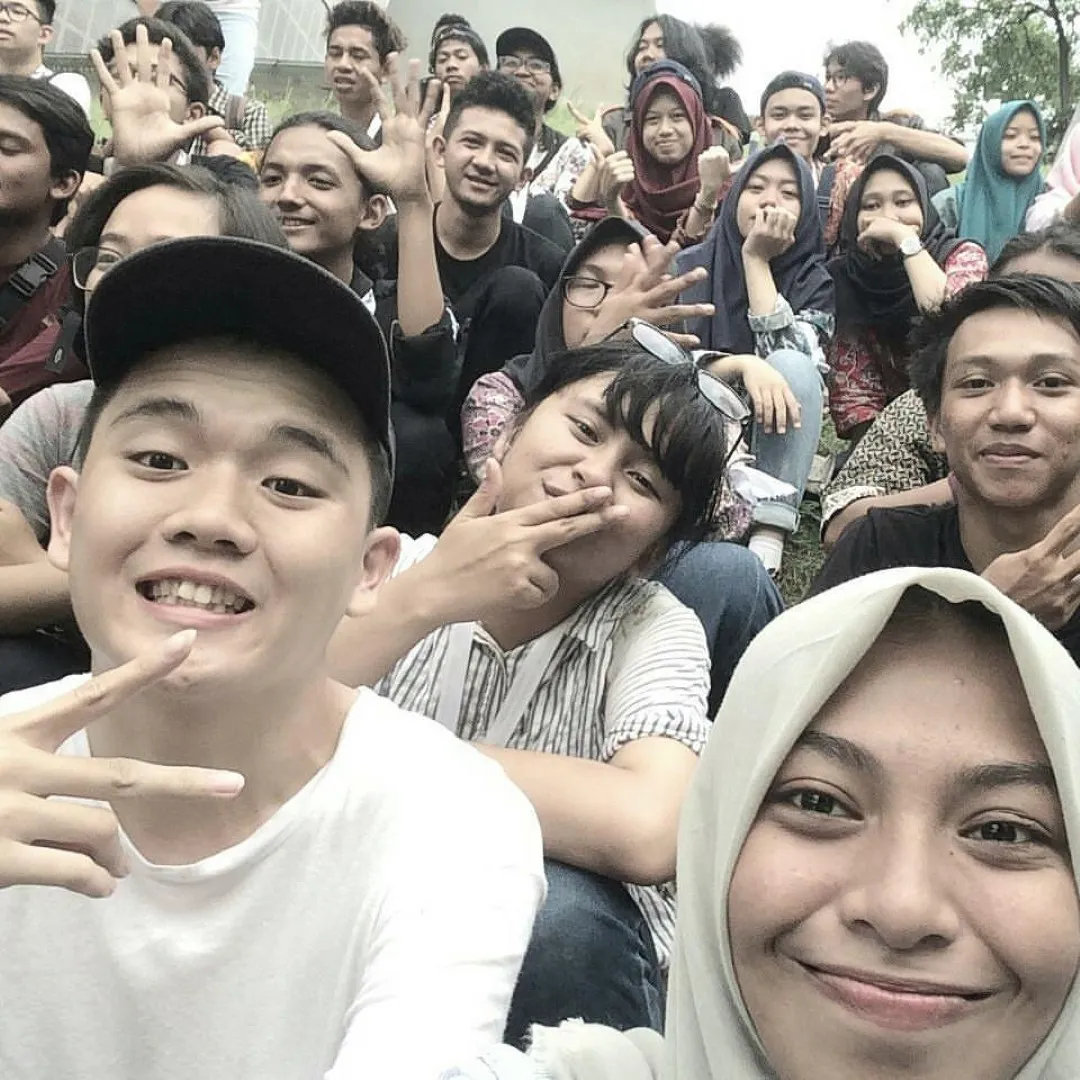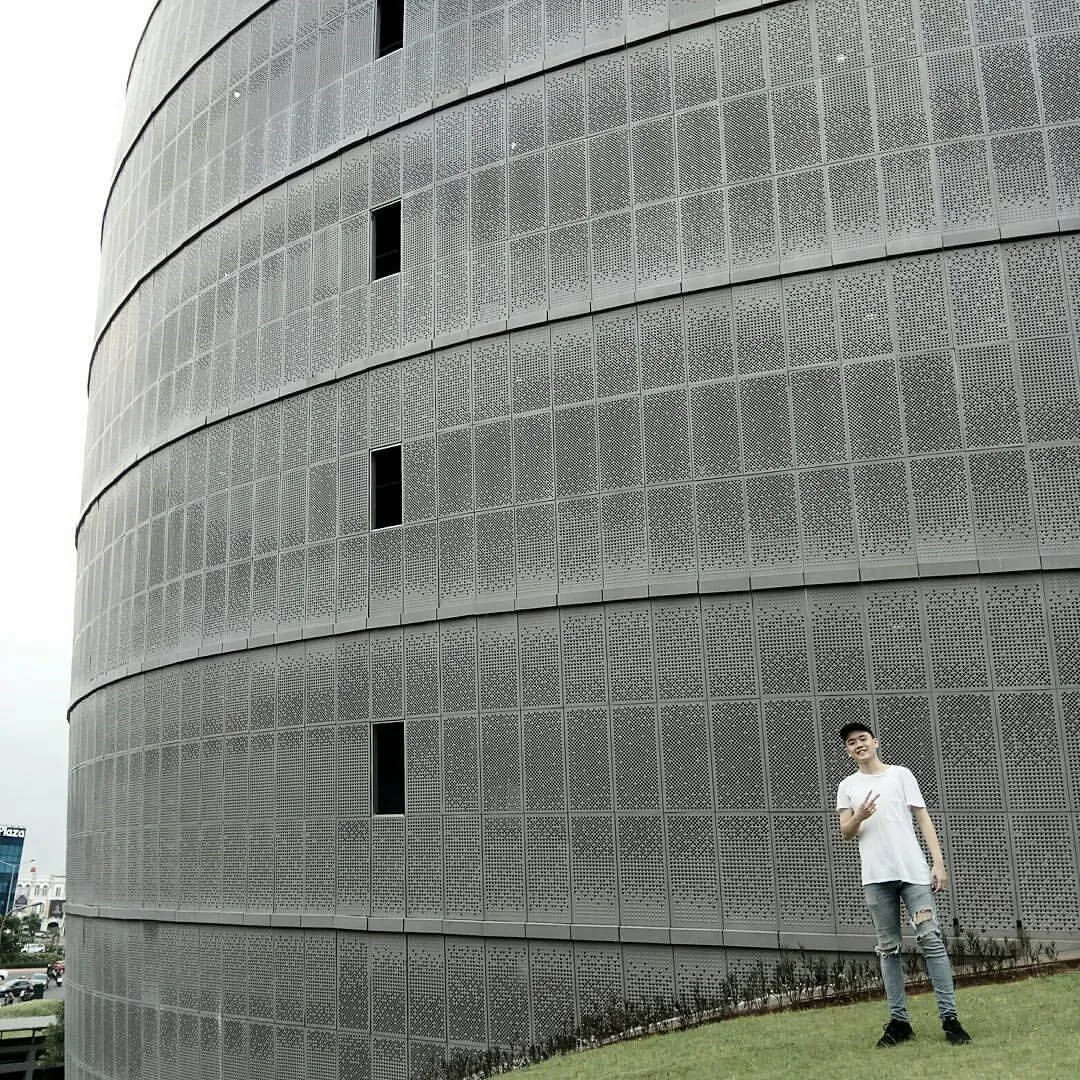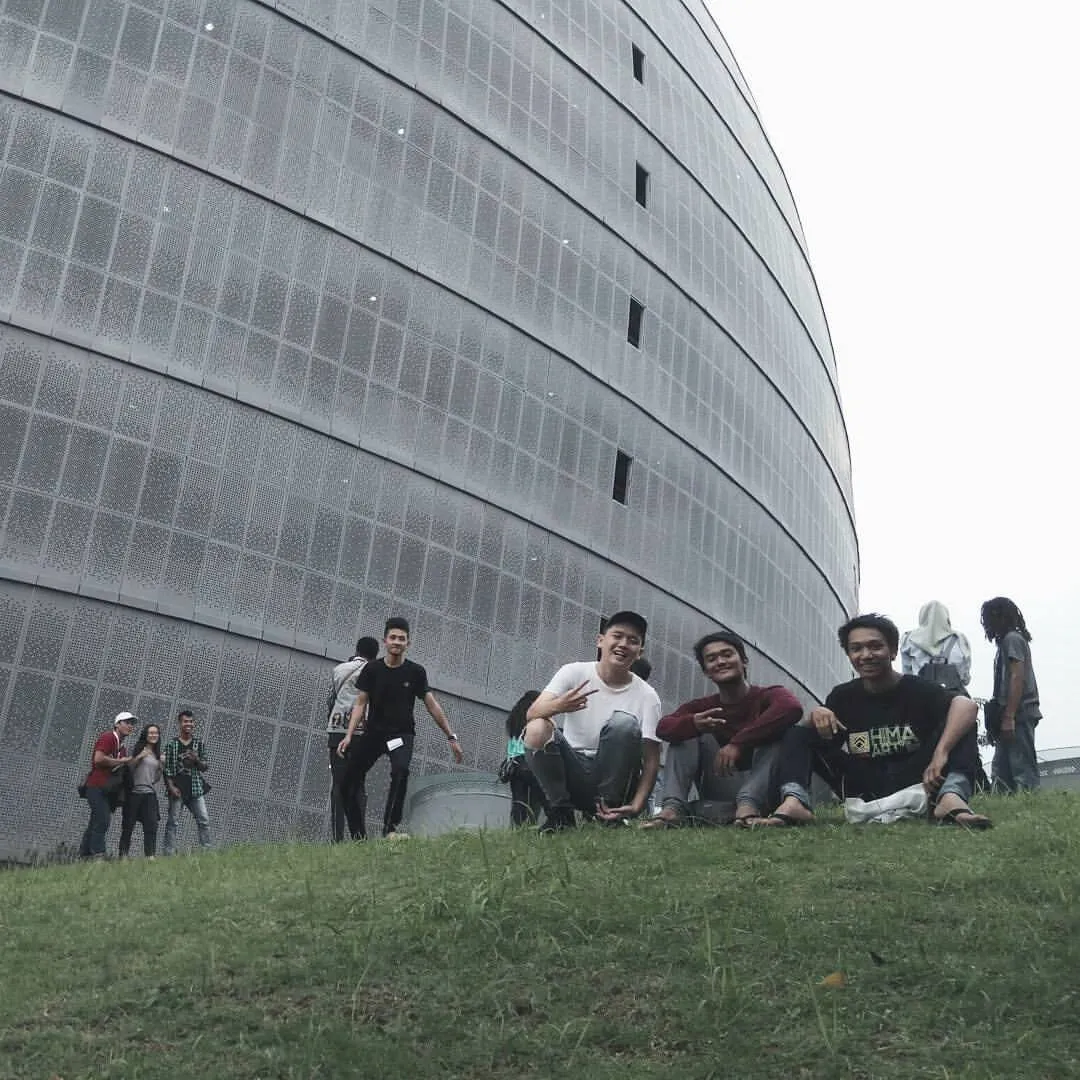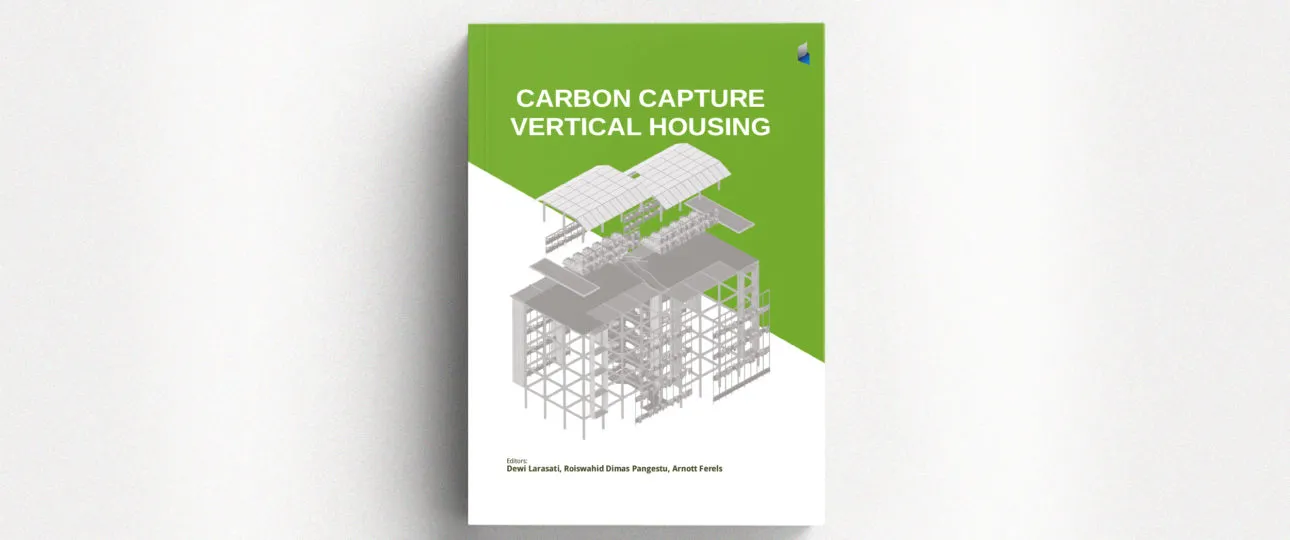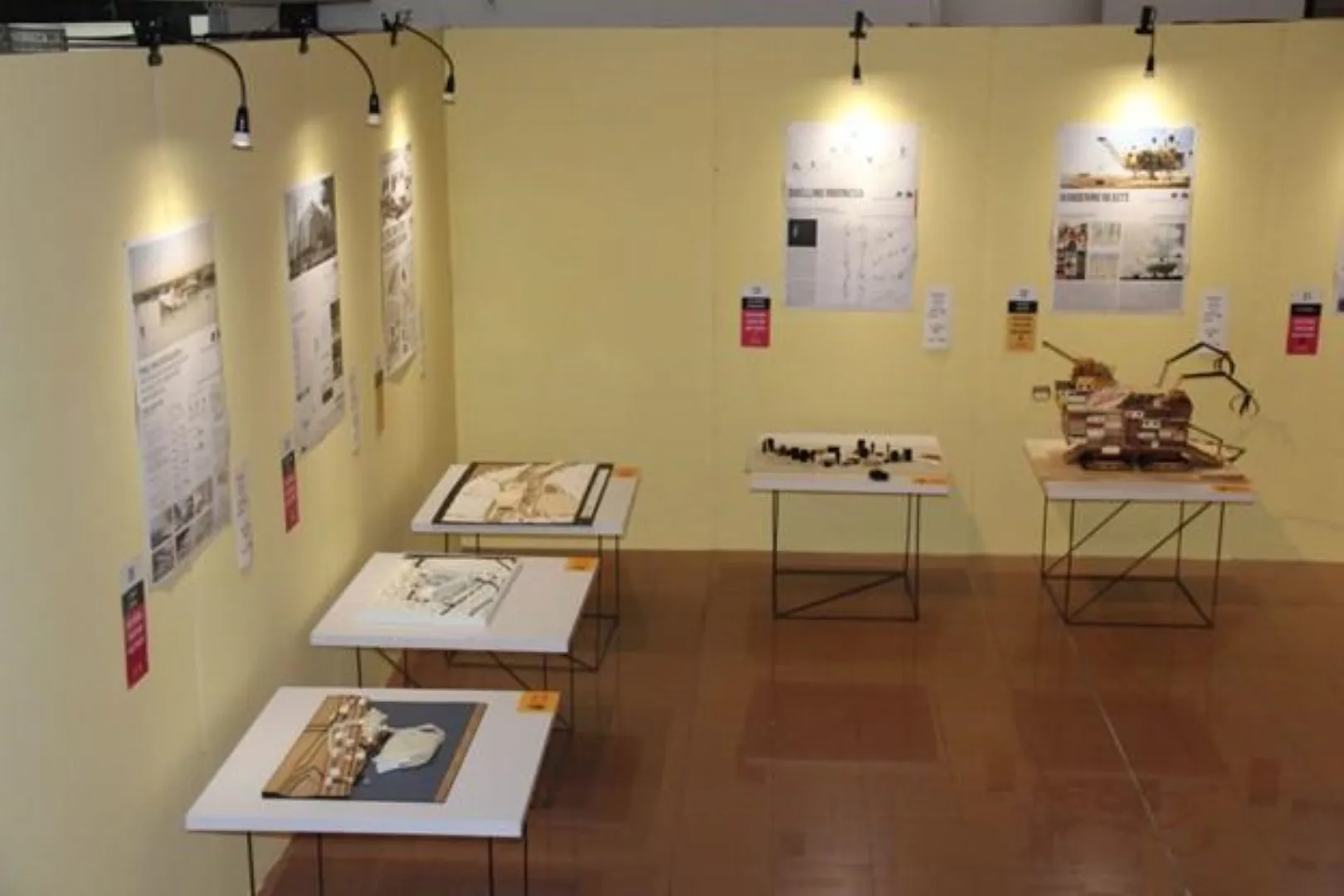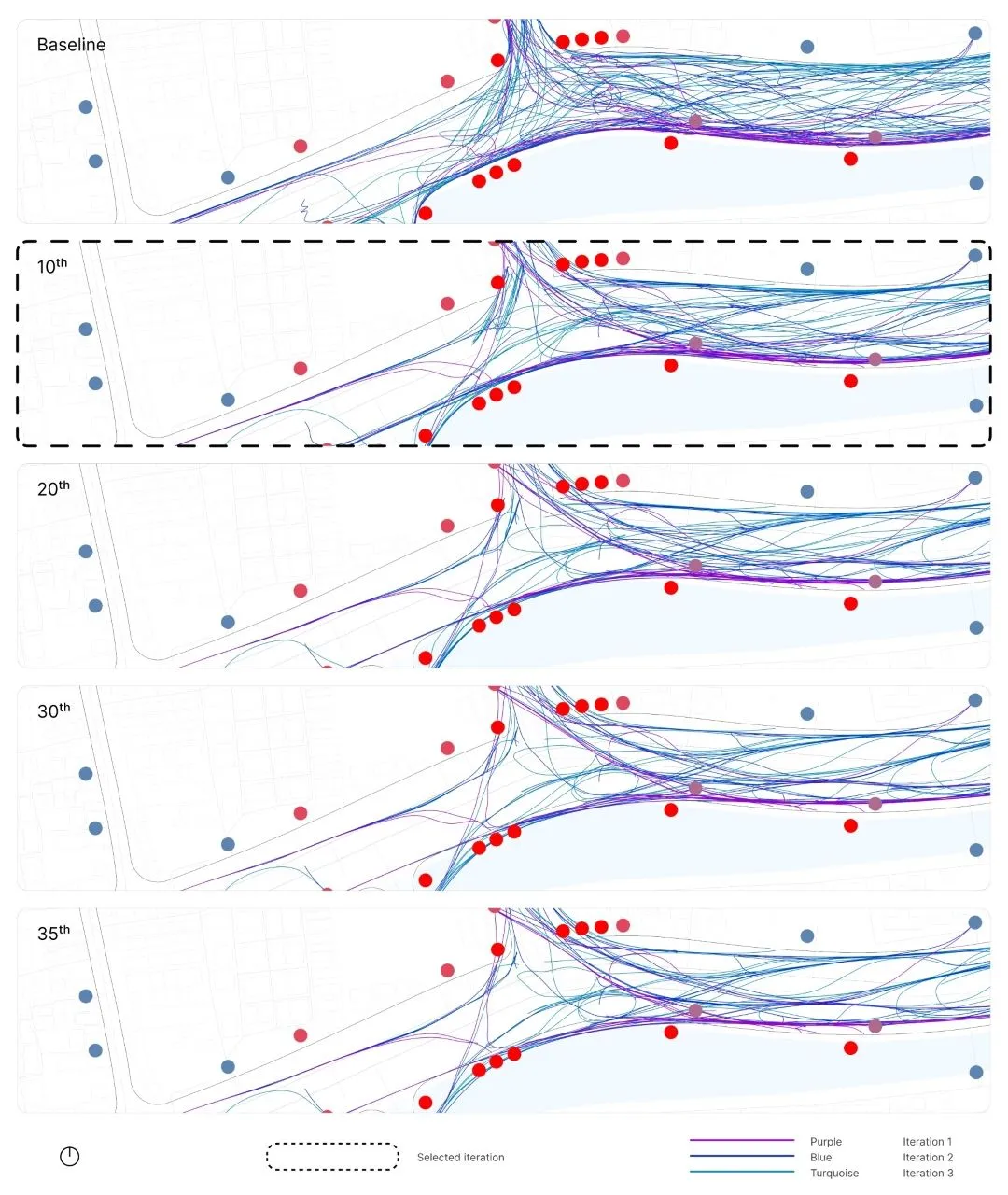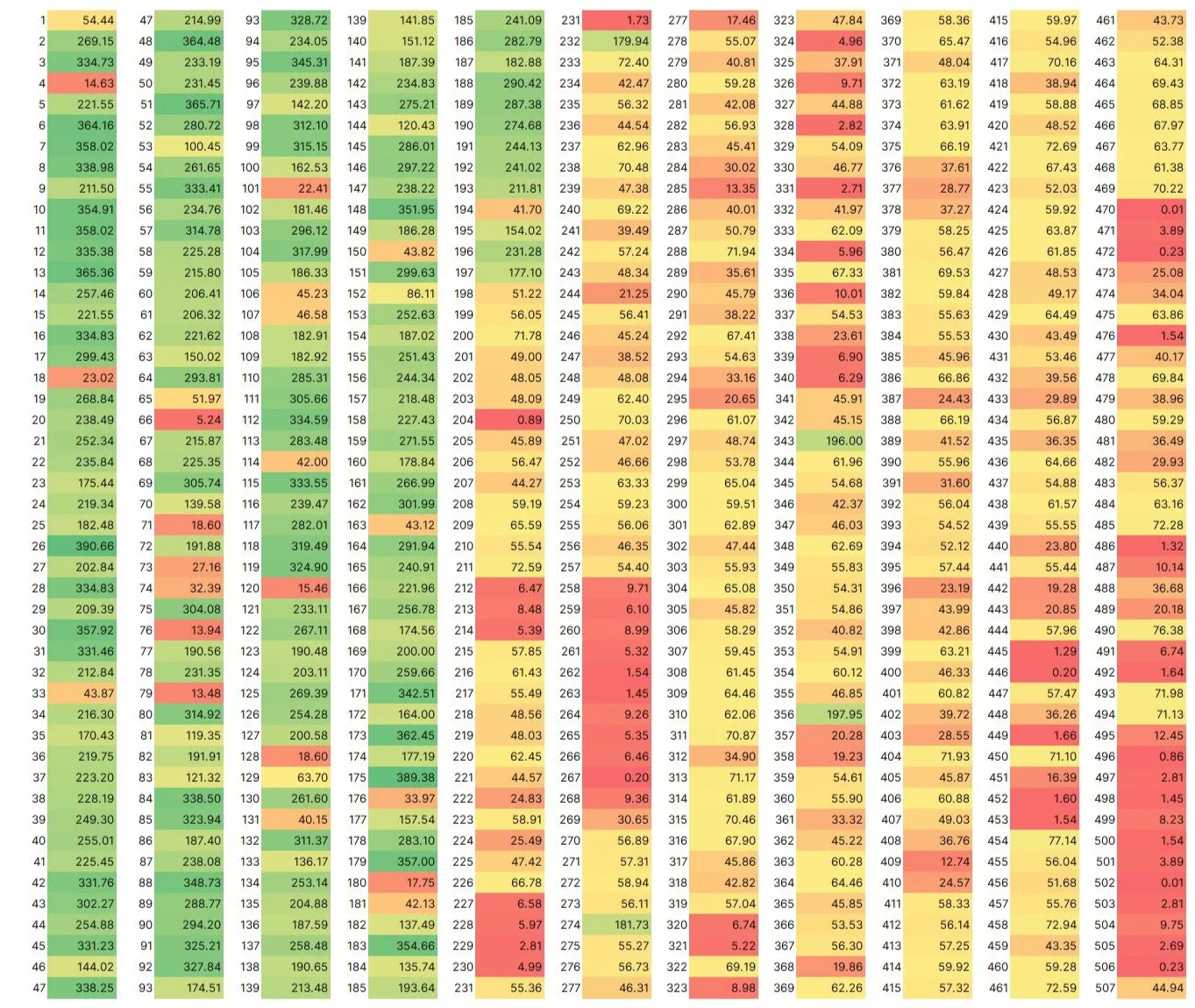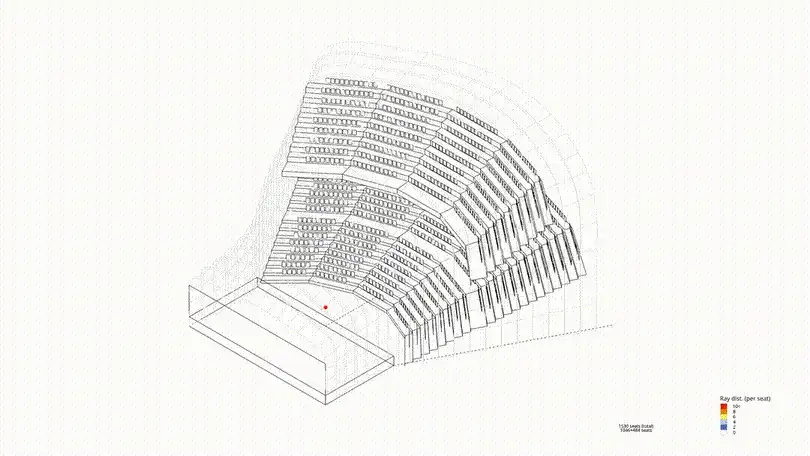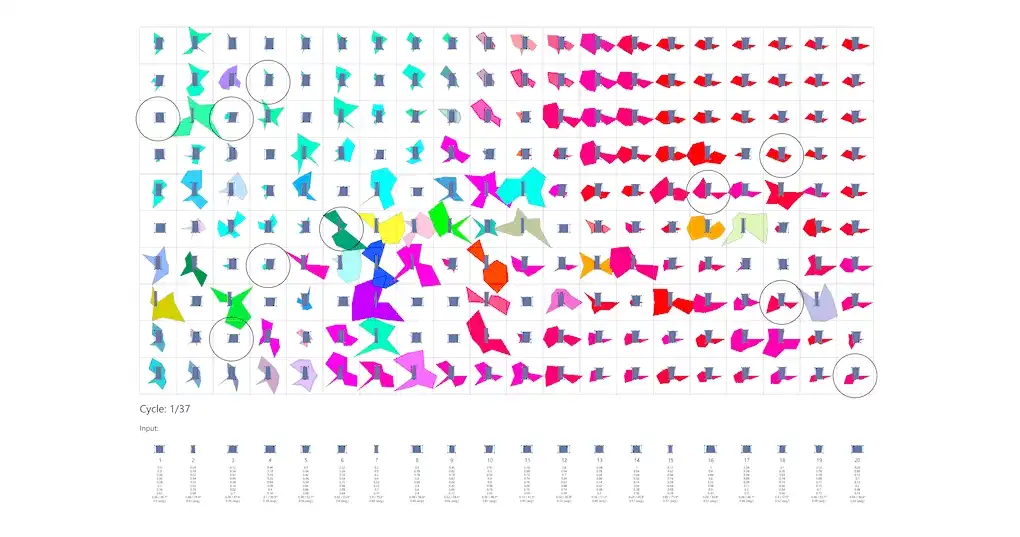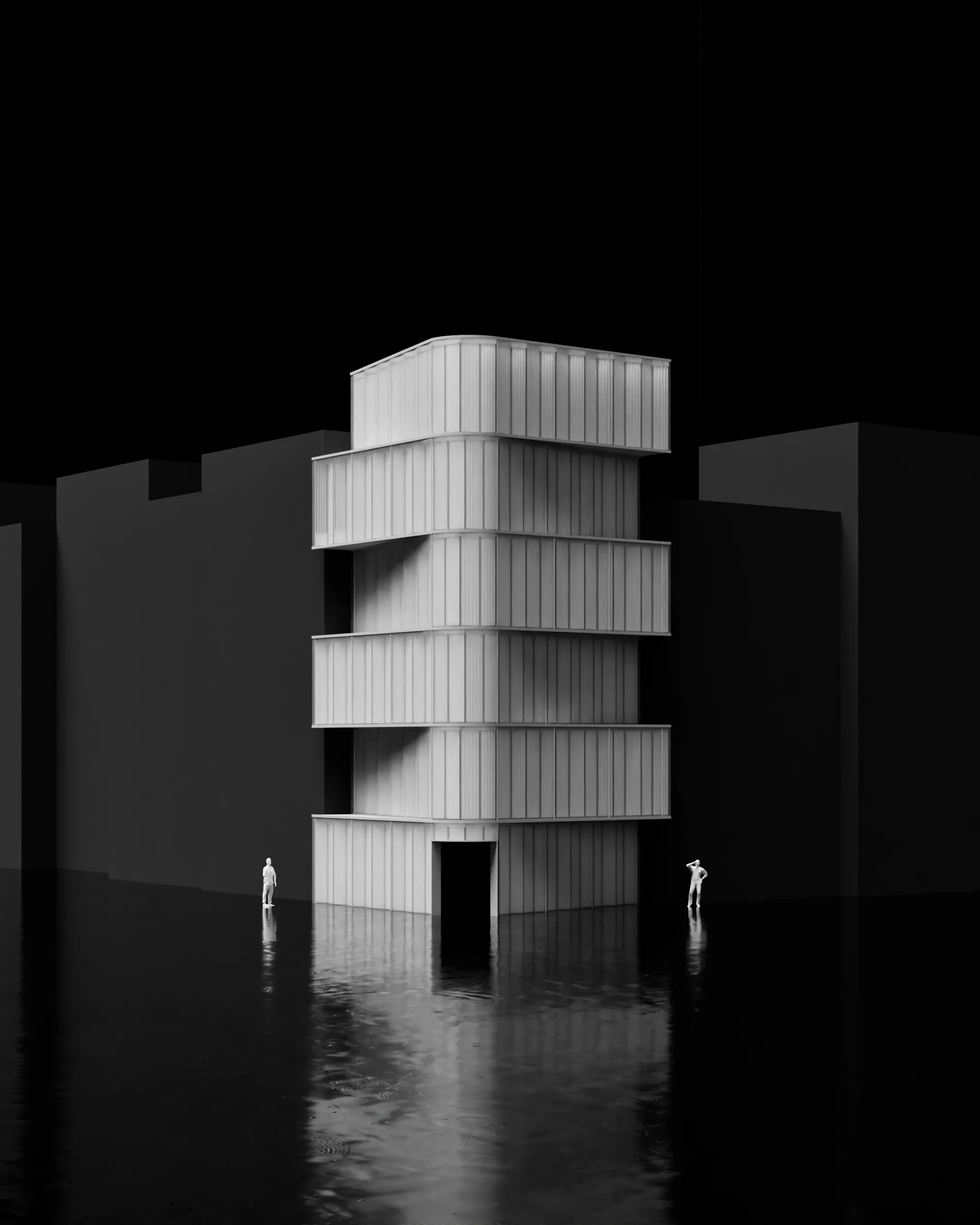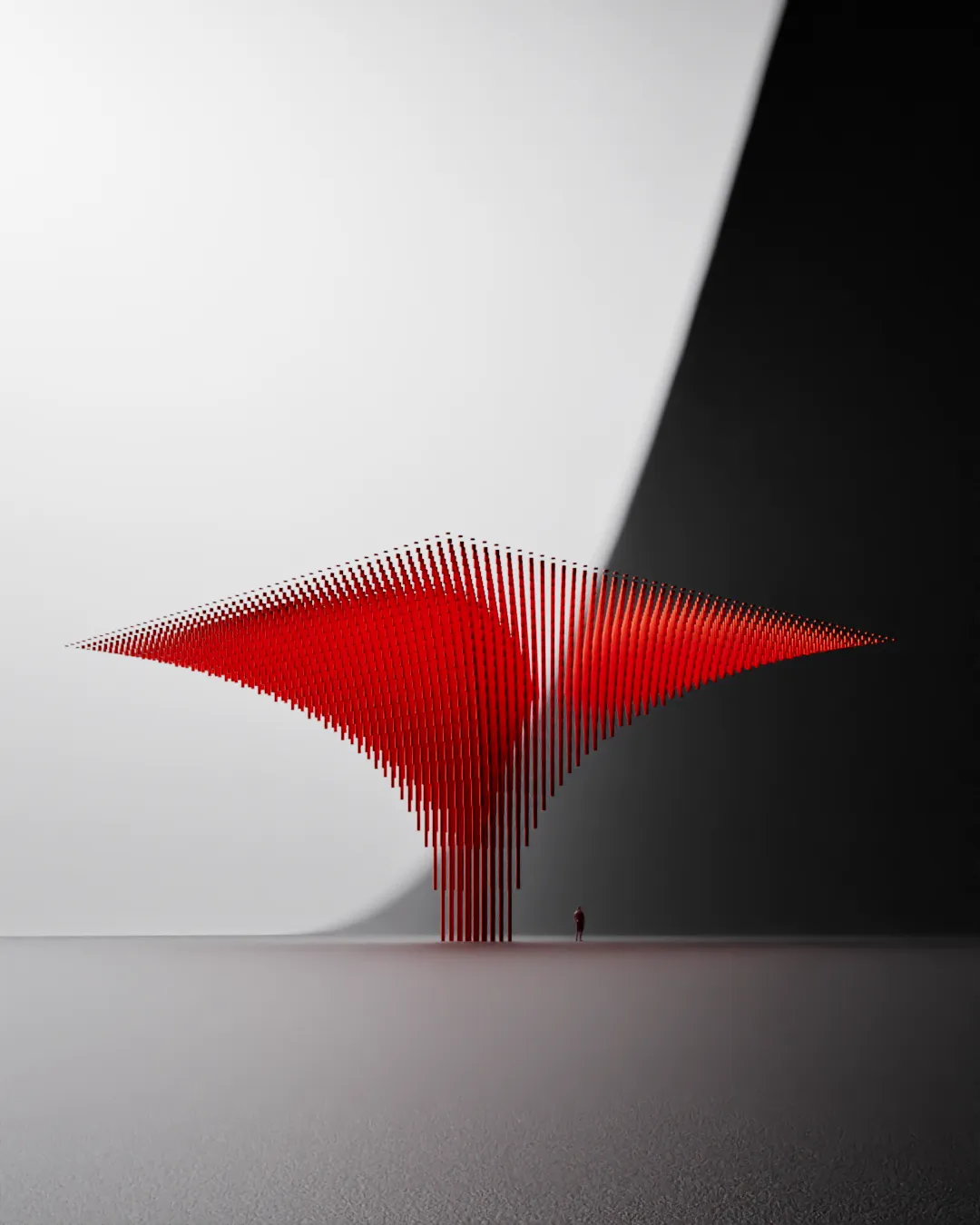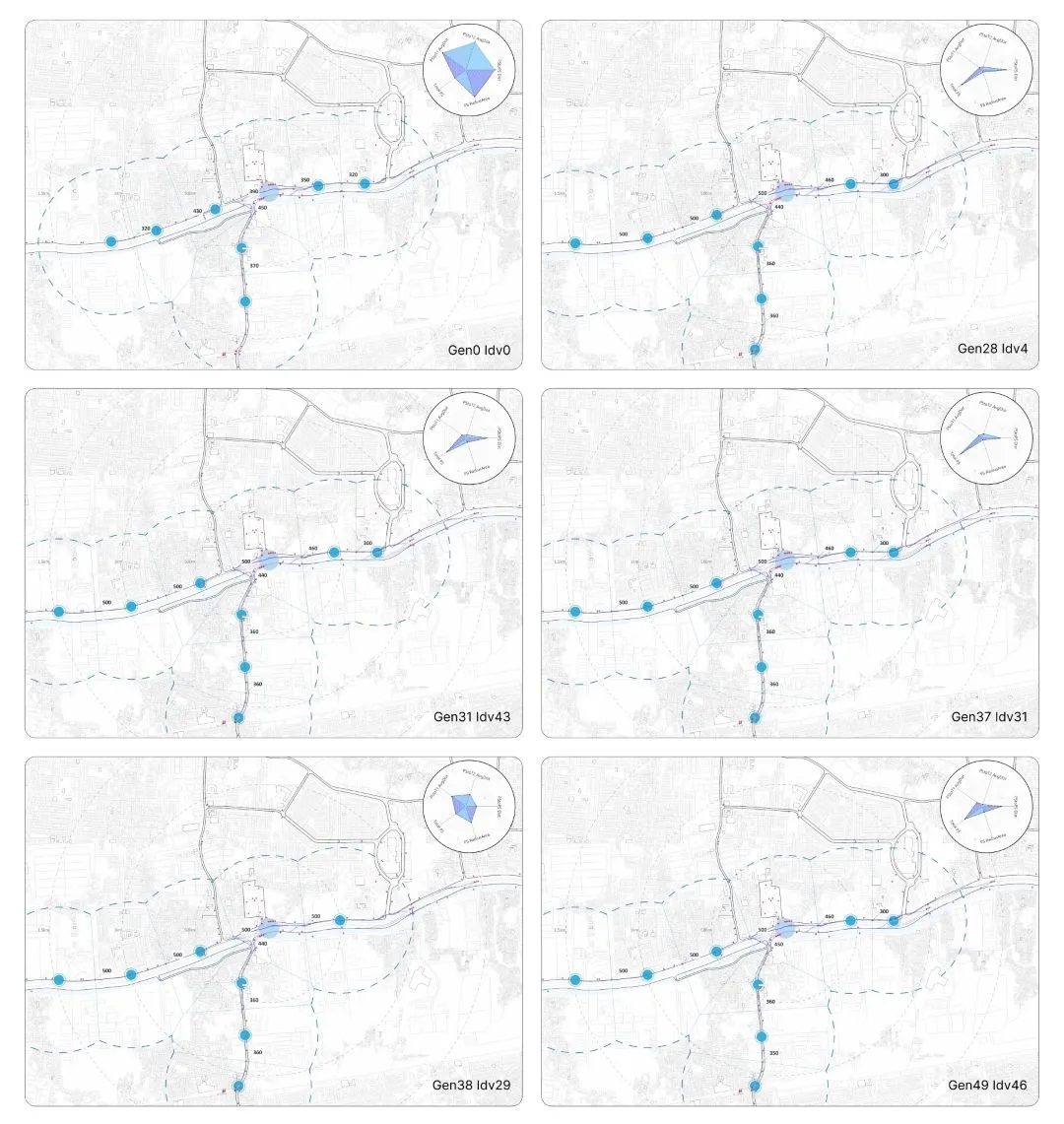Indonesian Architecture Students Provide Public Space Solutions with Bamboo Touches
TLDR — I and other Indonesian architecture students gathered at UMN for the TKI-MAI 33 Urban Intervention Workshop, focusing on bamboo installations to enhance public spaces. The event aimed to foster creativity and sustainability in architecture, showcasing innovative uses of bamboo for ecological building solutions.
This content is archived. All rights remain with the original creators. For more information, see the Archiving Statement. Original content available at: https://www.umn.ac.id/mahasiswa-arsitektur-indonesia-berikan-solusi-public-space-lewat-sentuhan-bambu/
Over 350 architecture students from across Indonesia gathered at Multimedia Nusantara University (UMN) from Monday (7/24) to Friday (7/28) to participate in the Urban Intervention Workshop, a part of the annual convention of Indonesian architecture students: the 33rd Indonesian Architecture Student Scientific Meeting (TKI-MAI).
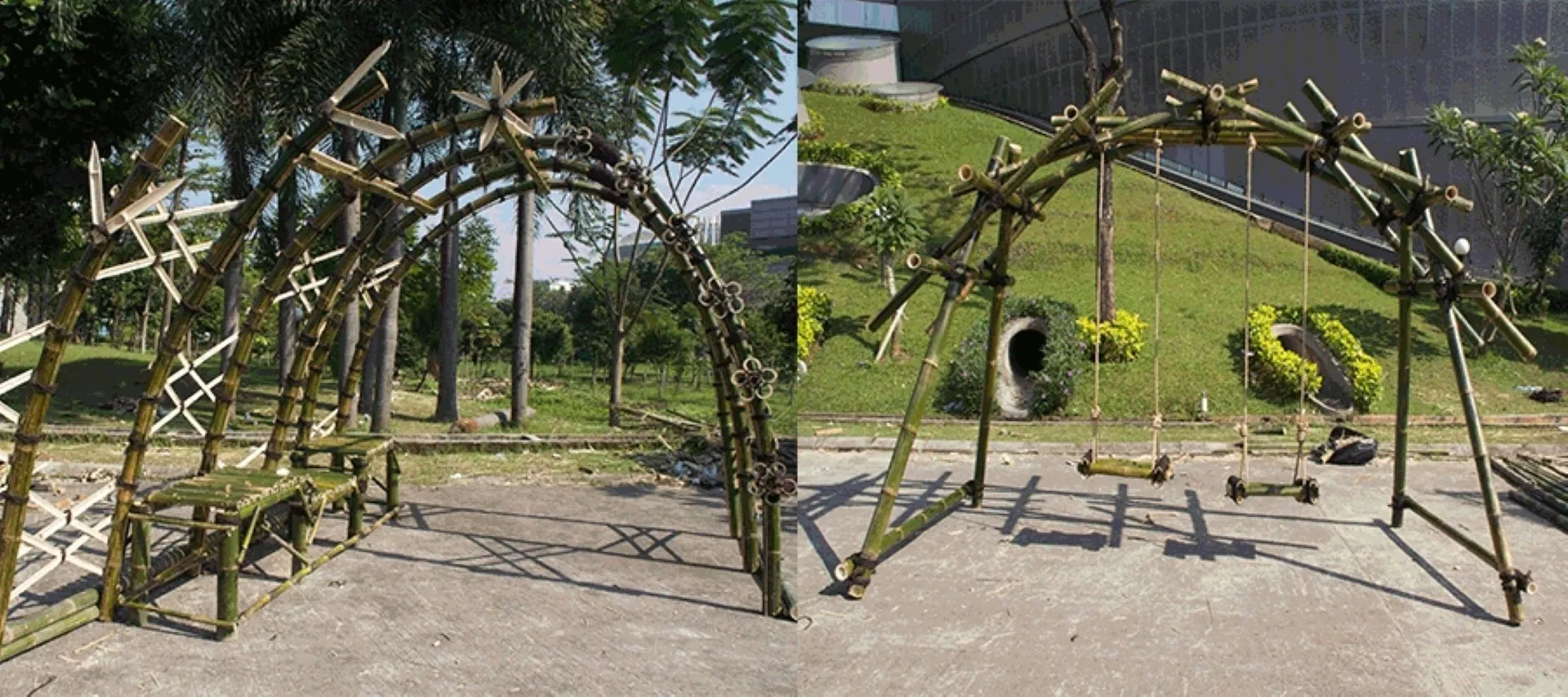
In this workshop, participants were encouraged to hone their skills and creativity to conceptualize and build effective installation artworks for public spaces. The designated site for the public space was City Park 2 in the Bumi Serpong Damai area, South Tangerang. Through these installations, the public space was expected to become a more interactive place for users to engage in various activities and foster relationships among individuals.
The chosen material for the installations was bamboo. The use of bamboo in this TKI-MAI 33: Bamboo Workshop was deliberate due to its limited application and appreciation in architecture. However, bamboo is an eco-friendly material with structural advantages.
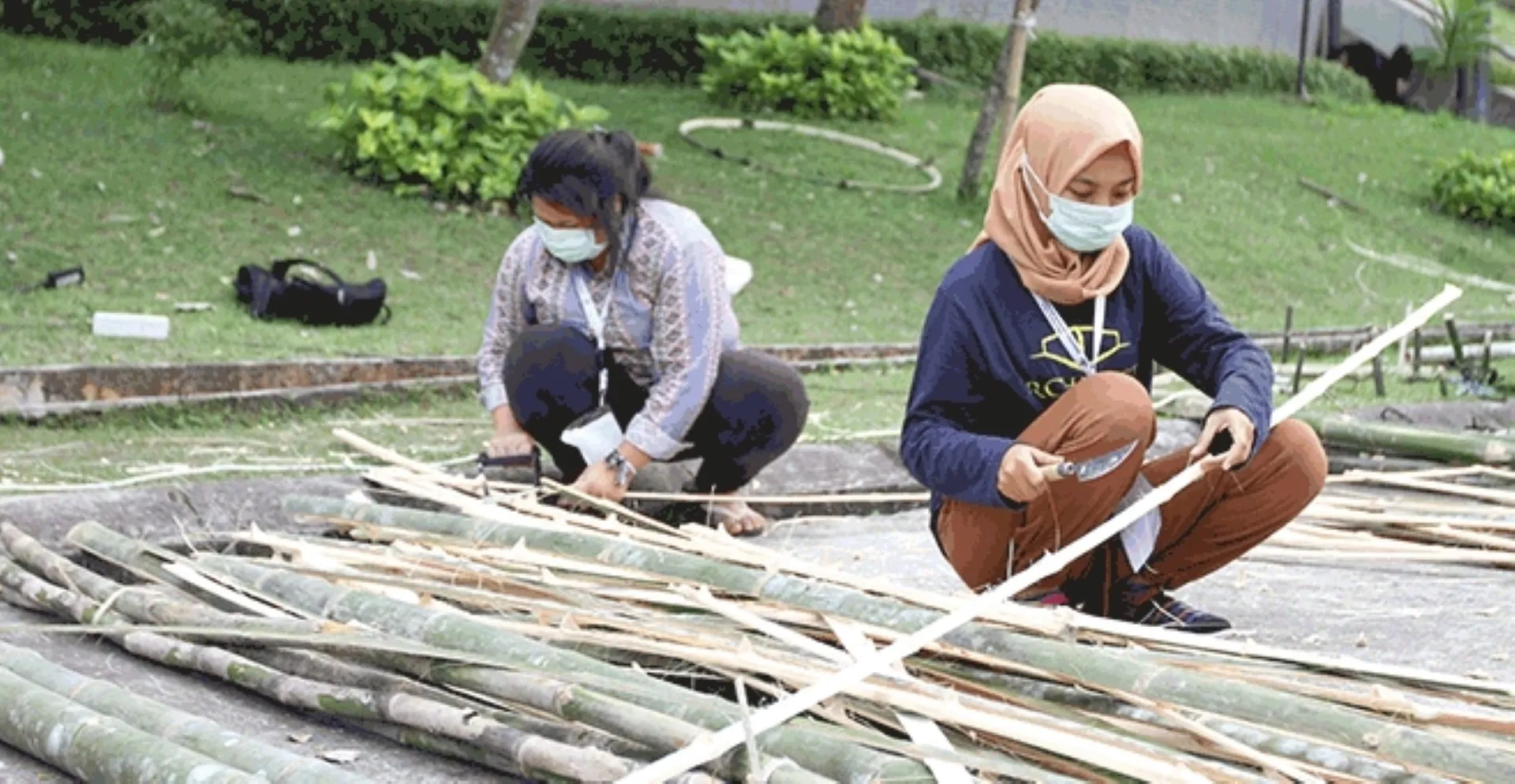
“Advancements in building construction technology have led to the exploitation of natural resources to meet building material needs. Natural barriers such as hills and forests are being exploited for stone, soil, sand, and wood. If uncontrolled, ecological disasters will occur in the coming years. One of the many environmentally friendly and abundant natural materials in Indonesia is bamboo. Bamboo is no longer a symbol of poverty but a material of the future that can replace wood, metal, plastic, glass, thread, concrete, and asphalt,” said Muqoddas Syuhada, Chairman of the Bamboo Nusantara Academy and Chairman of the Indonesian Architects Association Banten branch.
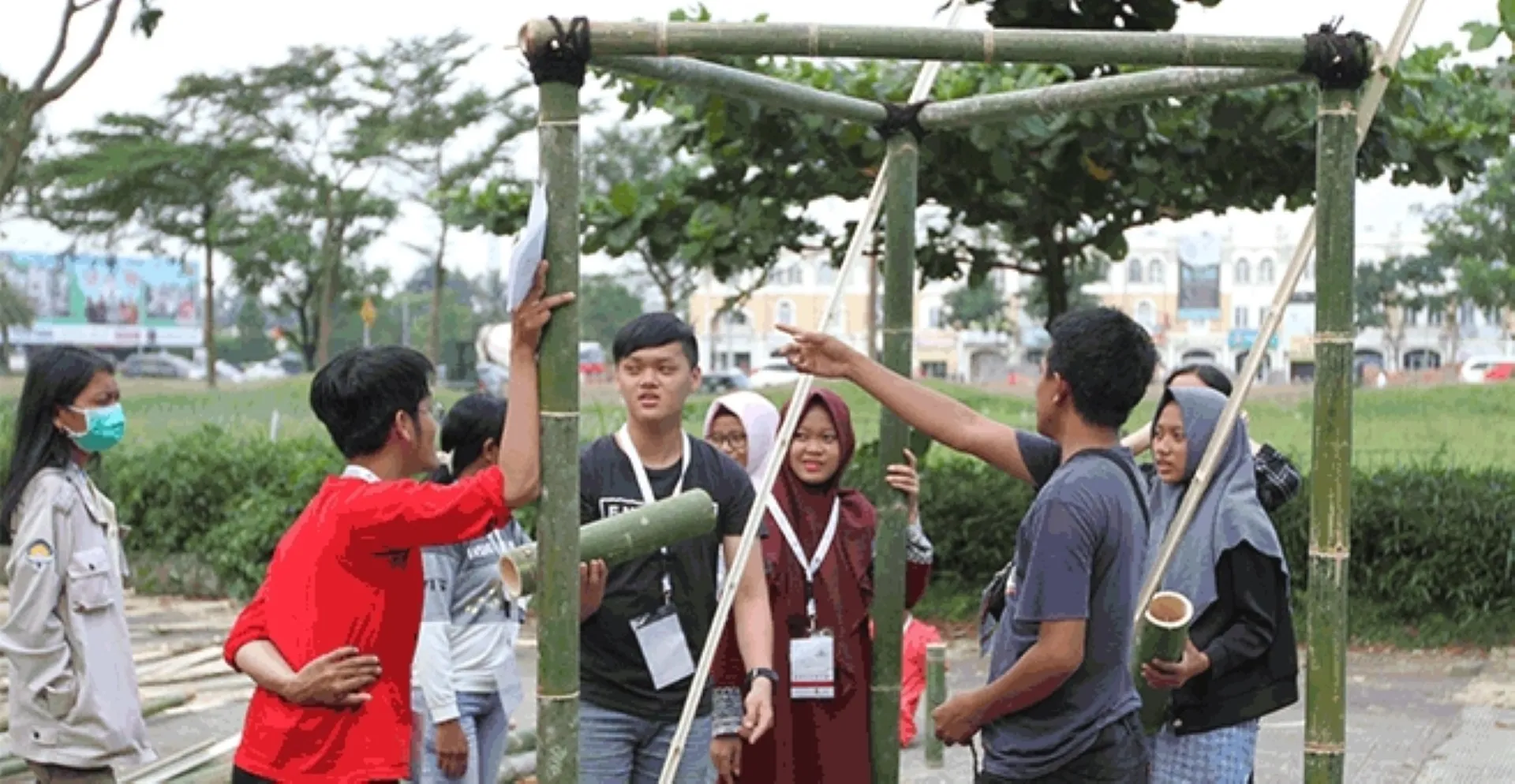
Workshop participants were divided into 17 groups. On the first day, they received workshops from three speakers who were architects and bamboo artists. They were given knowledge about installations, bamboo, and its application in artworks. They then had three days to complete their bamboo installation artworks. On Friday, each group was required to present their work. These artworks would be exhibited at the closing ceremony of TKI-MAI 33 Jakarta.
Adriel Frederick, the Internal Chairman of TKI-MAI 33 UMN, expressed his pride in the UMN Architecture Program for being one of the hosts, sponsors, and organizers of this annual event, despite the program being only one year old. He hoped the workshop would have a positive impact on architecture students in Indonesia and contribute to the development of the architectural field.
“I hope that by participating in the Urban Intervention Workshop, architecture students gain competence, knowledge, and skills in utilizing bamboo for architectural buildings. We also hope this competition among students to design buildings with bamboo material is fostered. Through this event, we hope to build networking among Indonesian architecture students and their alumni,” Frederick stated.
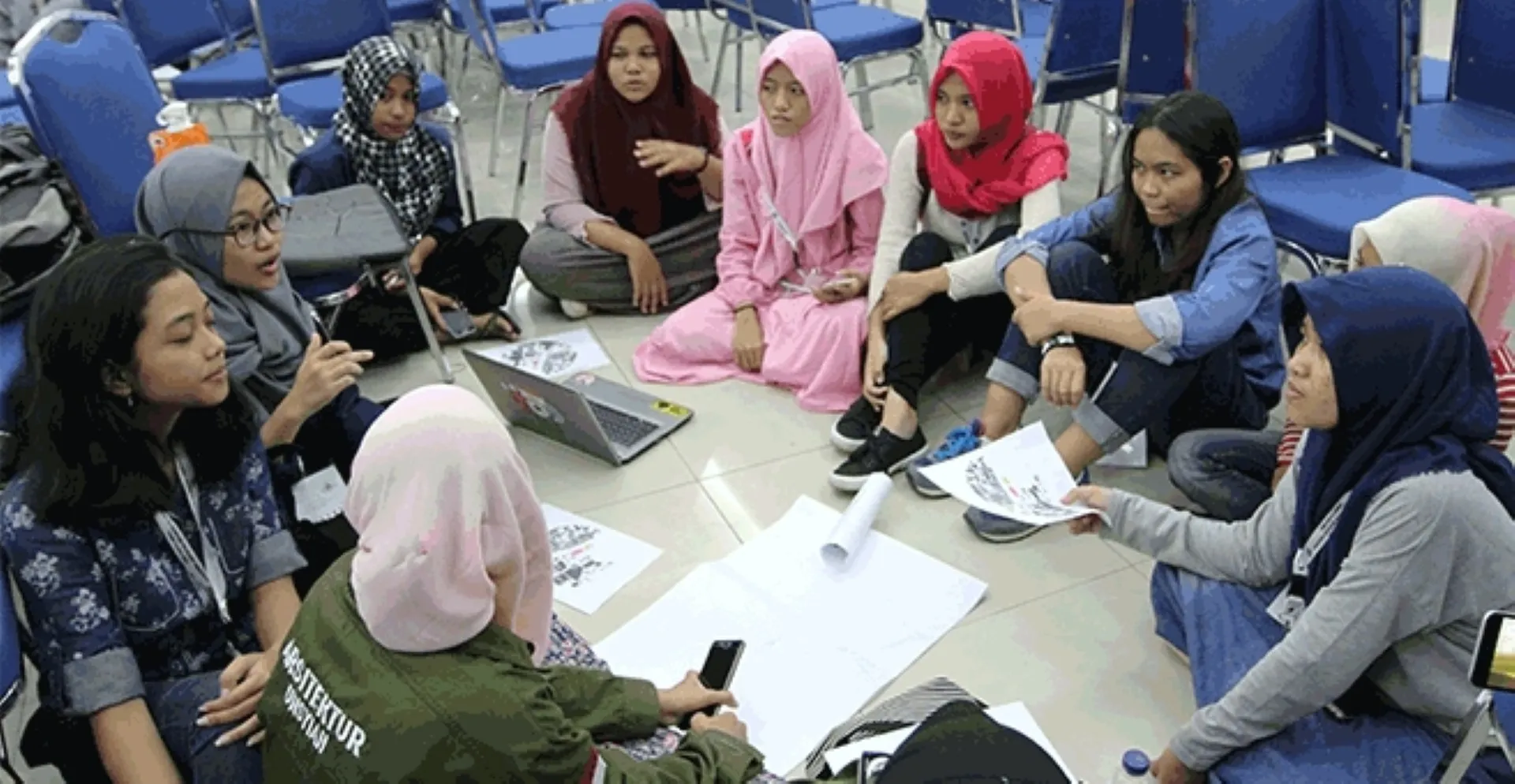
Besides the Workshop, UMN hosted the 33rd TKI-MAI Scientific Discussion themed Transit Oriented Development (TOD). In this activity, participants were required to provide solutions related to transportation in developing cities in Indonesia through TOD. TOD is a connection network that creates links between areas with different uses through public transportation, pedestrian paths, bicycles, and regulated parking spaces connected within a network based on existing urban conditions.
TKI-MAI#
TKI-MAI is the annual convention of the Indonesian Architecture Student Communication Forum (FK-MAI), a platform for architecture students to develop skills, creativity, and expand knowledge in the field of architecture. Nineteen Regional Worker Bodies (BPR) from across Indonesia gathered to participate in a series of activities, including national seminars, workshops, community service, scientific discussions, and communication forums discussing FK-MAI regulations.
In this 33rd convention, Jakarta (BPR 1) was chosen to host TKI-MAI. This year’s TKI-MAI was held at three universities in Jakarta: Multimedia Nusantara University, Tarumanagara University, and Borobudur University. Additionally, the Artwork Exhibition was held at Fatahillah Gallery, Community Service was conducted in 15 villages in Jakarta, and Excursion Studies took place in integrated child-friendly public spaces.
Extra Materials#
Note: The materials below are part of my curated collection, not from the archived URL.
Videos#
Photos#

